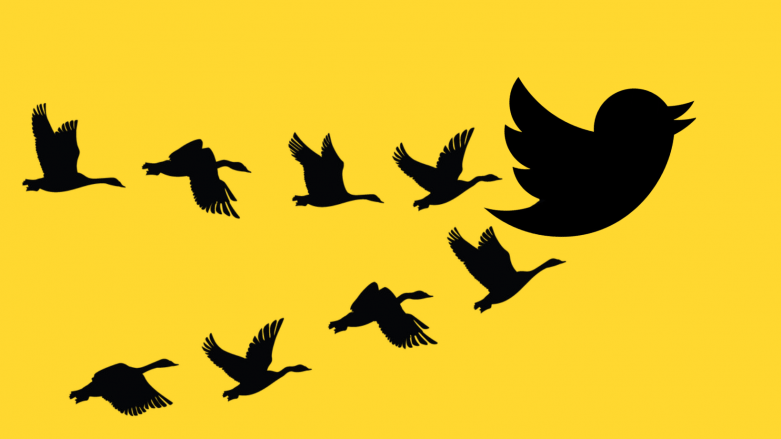

As someone in the office pointed out this morning, it’s pretty standard for folk on twitter to accuse the Government – any Government – of lying. When the RSPB, one of the bastions of middle-class middle England comes out and does so on Twitter, it raises a few questions that are worth exploring.
We note that this morning the RSPB has apologised for what they are positioning as an intemperate outburst, which demonstrates that they themselves are recognising they have shot themselves in the foot slightly. So what are the learnings from this latest social media saga?
We’re going to risk the temptation to over-speculate here, but it may well be that the tweets (OK I know we’re supposed to call them Posts now) were the product of a fiery and passionate junior person and were not checked by the powers that be before they were sent out. If this is the case, the lesson has to be that someone with (a) the seniority and (b) the imagination to understand the consequences of any social media post signs them off before they go out. Without exception. My experience of clients is that signing off social media posts can go to the bottom of the in-tray and sometimes doesn’t happen when it should.
It looks inept for companies that are part of the establishment to criticise the establishment. If I were a donor to the RSPB for example, I would expect this large organisation to be sufficiently wired into Government that they can influence government policy from within. To tweet criticism of the authorities is to position your organisation as outsiders. It’s what upstarts do, not charities with Royal patronage.
The honest truth is, if you criticise anything on social media, you’re going to be criticised back by people who disagree with you. If you have time to scroll through the comments on the RSPB tweet you will see that opinion is divided between those who agree strongly with what they have said, and those, just as importantly who violently disagree with them, and object to a charity embroiling itself in Government policy. An organisation is unlikely to move public opinion with a tweet, but if they choose to post something that is inflammatory they risk generating a shouting match that will benefit nobody – least of all themselves.
By Tom Bucanan, Founder and CEO